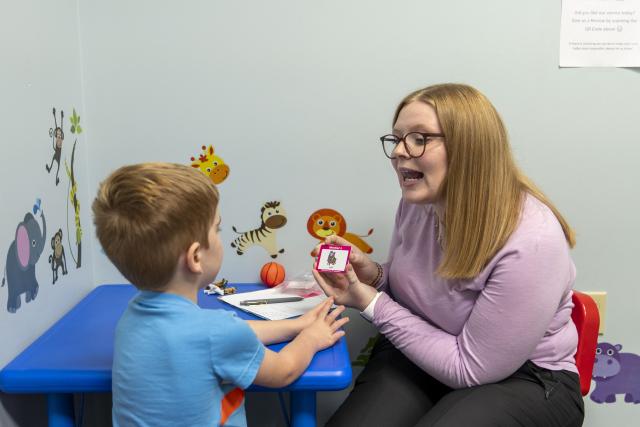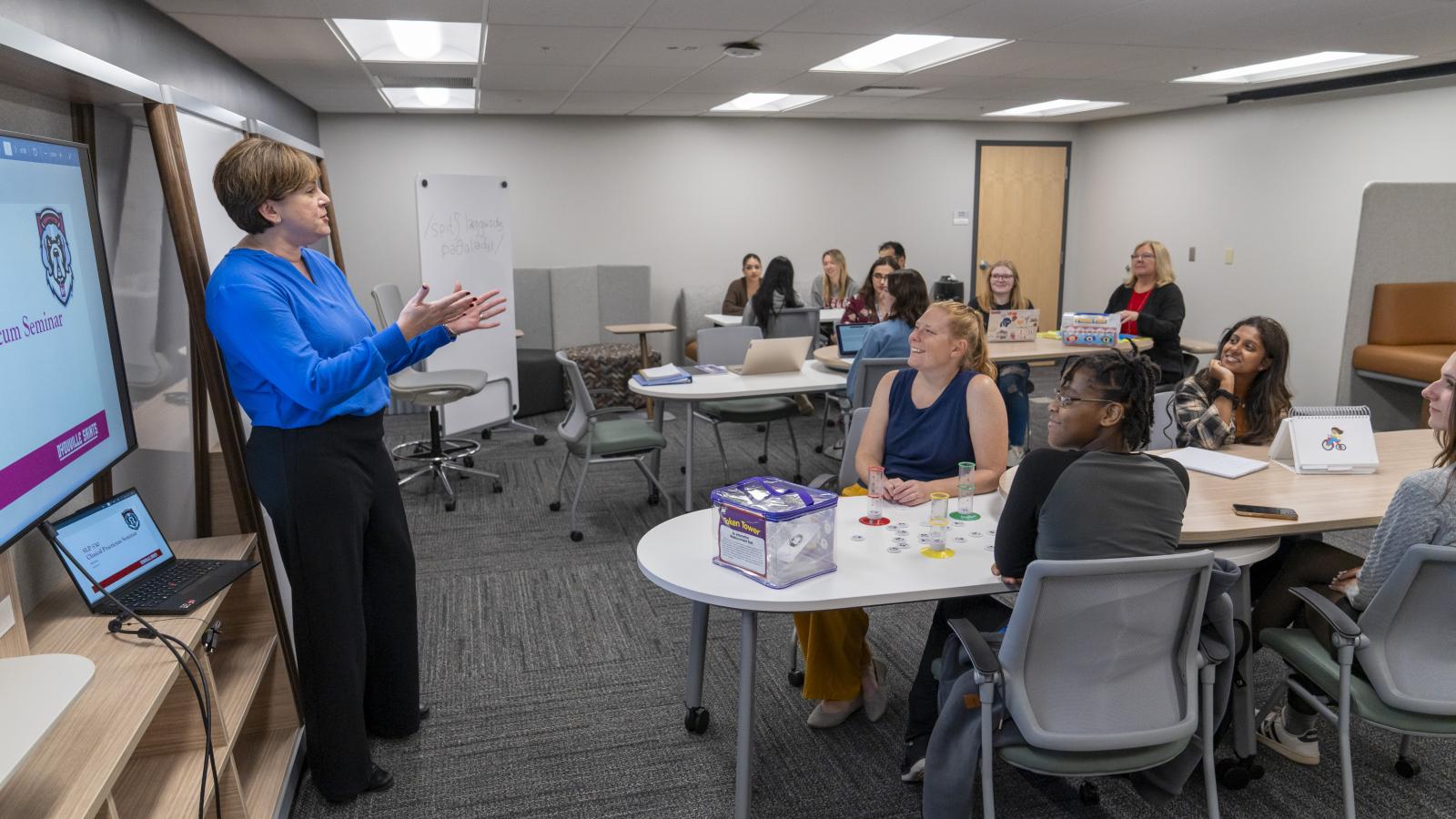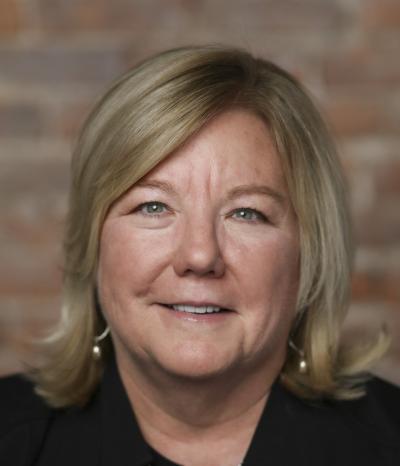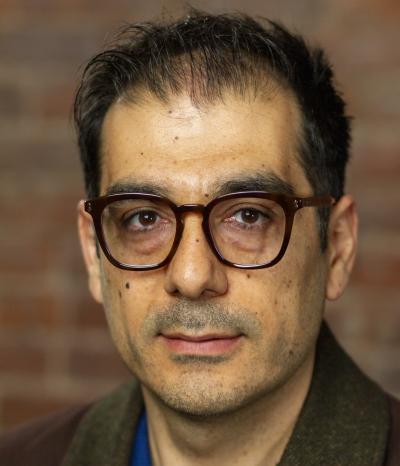
Communication Sciences and Disorders (BS)
- School of Health Professions
- Speech-Language Pathology
- 4 Years
- 121 Credits

Explore how people communicate—and how you can help when that ability is challenged. The Communication Sciences and Disorders program at D’Youville University provides a strong foundation in speech, language, and hearing development, preparing students to support individuals across all ages and backgrounds. Through coursework, research, and interprofessional learning alongside other healthcare majors, you’ll gain the scientific knowledge and practical experience needed to pursue graduate study in Speech-Language Pathology, Audiology, or related fields dedicated to improving lives through communication.
Job Titles to Explore
| Employment Settings to Explore
|
Why D'Youville
- Mission-Driven Learning: Study at a university rooted in service, compassion, and improving access to quality care.
- Supportive Community: Experience a personalized learning environment with individualized academic advising and faculty guidance.
- Pathway to Graduate Success: Gain the foundation needed for advanced degrees in Speech-Language Pathology, Audiology, or related fields.
- Community Engagement: Participate in outreach opportunities that strengthen communication access and equity across Western New York
- Comprehensive Preparation: Develop both the scientific knowledge and interpersonal skills needed to support individuals across diverse settings and backgrounds.
Program Spotlight
The Communication Sciences and Disorders program builds the knowledge, skills, and experience needed to understand, assess, and support human communication across the lifespan. The program provides a meaningful integration of theory, research, and applied practice to ensure students are well-prepared for graduate study in Speech-Language Pathology, Audiology, or related communication fields.
- Industry Relevance: Curriculum designed to meet current and emerging needs in healthcare, education, and community settings.
- Hands-On Learning: Apply classroom knowledge through lab activities, research projects, and clinical observation experiences.
- Faculty Mentorship: Learn directly from experienced clinicians and scholars who provide guidance and professional development support.
- Holistic Perspective: Develop a deep understanding of the physical, cognitive, and social aspects of communication.
- Interprofessional Collaboration: Learn alongside students in nursing, physical therapy, occupational therapy, and other health-related programs.
Areas of Focus
- Speech and Language Development
- Hearing Science and Audiology
- Communication Disorders and Intervention
- Clinical Observation and Pre-Professional Preparation

Meet the Faculty
-
Email: mccarthe@dyu.edu Phone: 716-829-7516 Office: SASE 030
Erin McCarthy
- Director of Clinical Education
Image


